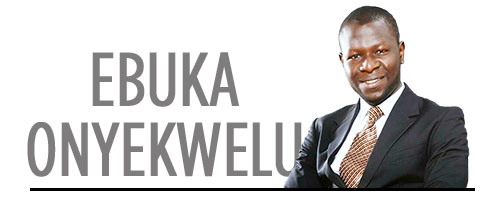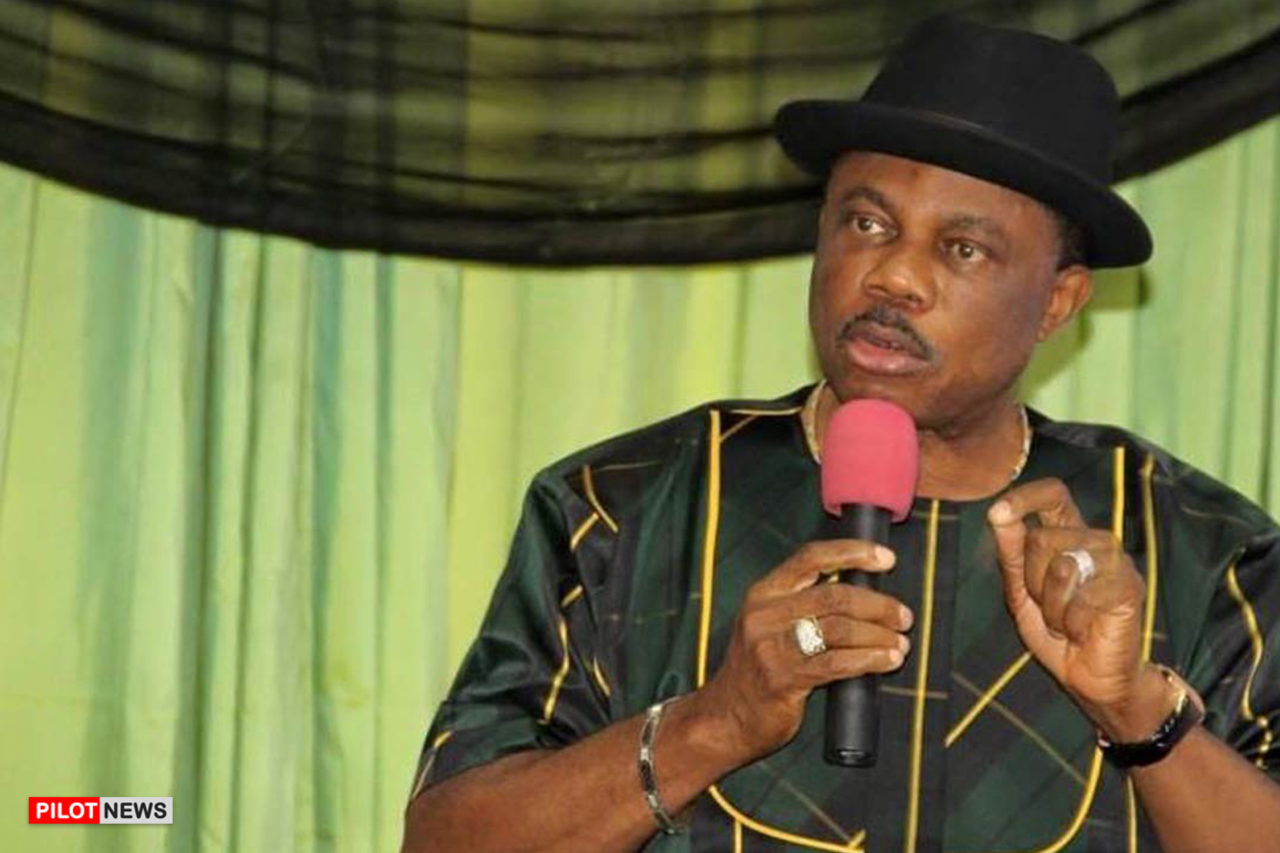Today, the governorship contest in Anambra state is too close, yet, too hazy, utterly unclear. Much so that the governor’s own preferred candidate in the person of Prof. Chukwuma Soludo is not on the ballot.
With barely three months to the Anambra state governorship election and about seven months for the incumbent governor to hand over to an incoming governor, perhaps, it is time to now look more critically at Governor Obiano’s leadership of Anambra state in almost eight years. Admittedly, this critical assessment in this piece is not all there is of Obiano’s government, but conceivably a good place to start.

In 2014, the then governor assured stakeholders and specifically members of the 5th Anambra State House of Assembly in a meeting he called to unveil his preferred choice of successor, that Willie Obiano was a go-getter, high performer, and one that is posed to outclass him in good governance delivery. The message then was that Governor Obiano, a retired senior banker, with Ph.D. as many then speculated, will indeed so easily outperform Peter Obi based on educational certifications, experience, and general competence. Peter Obi himself admitted that Willie Obiano will dwarf his performance. Seven years and some months down the line, what has become of those lofty expectations?
Beyond the chants of “Willie is working” by supporters and political jobbers, there is a need for a more sober and incisive assessment of the governor’s performance and for at least two reasons; first to set the records straight, and secondly, to serve as a guide to the incoming governor whoever he may be. And like many people know but would not admit in public, the uncertainty of Anambra’s political climate now is largely a direct consequence of what Governor Obiano did and in some part, what he did not do. Today, the governorship contest in Anambra state is too close, yet, too hazy, utterly unclear. Much so that the governor’s own preferred candidate in the person of Prof. Chukwuma Soludo is not on the ballot. From all indications, the veracity of this stack reality is yet to be appreciated by those in government and supporters of Victor Oye, but for kin observers, looking at the issues in question, it will take a miracle for Oye to be reinstated as APGA National Chairman and for Prof. Soludo to return as the candidate of APGA, for the November gubernatorial election in Anambra state. This is the reality in Anambra APGA as of today. Give or take, this is Governor Obiano’s legacy.
Beyond the chants of “Willie is working” by supporters and political jobbers, there is a need for a more sober and incisive assessment of the governor’s performance and for at least two reasons; first to set the records straight, and secondly, to serve as a guide to the incoming governor whoever he may be.
It even gets more tensed when the weightier concerns of whether APGA wins, or fails to win, going forward, governor Obiano takes full responsibility for however it turns out. In essence, governor Obiano who doubles as the party leader of APGA remains the arrowhead for blames or praise in consequence, to however the party turns out in the contest. As the leader of the party, Governor Obiano ought to stand with the party at all times even when standing with the party is against his own personal or projected interest. That is yet to be seen. Whatever becomes of this, the governor cannot be exonerated. It is more difficult to excuse the governor considering that at least since 2017, governor Obiano is well aware that he will bow out in 2022 and that his successor will be elected in 2021. There is therefore hardly any excuse when a leader fails to drive his succession plan early enough while leveraging on all within his disposal to actualize it. This from all standpoints imaginable is the greatest test of any leader; being able to produce a successor that can at least sustain and build on one’s own successes.
In governance, Obiano did not do well in detaching government from his person. At a point, many government vehicles in the state have his name as though those were his private properties. Also, various government agencies created to facilitate government projects and programmes were reduced to mere organs of dispensing political favours to cronies and allies. For the most part, many of these agencies created to energize governance ended up not adding values beyond political patronage. Some of the agencies are just there with no clear direction or fund to facilitate their mandate. Infrastructure, specifically road infrastructure suffers a major setback in Anambra state to the extent that the state of the roads can only be compared to the unfortunate days of the Mbadinuju’s government. This also speaks to the quality of work done on road infrastructure by the former governor Peter Obi. By and large, for the most part, Anambra roads are in a very bad state. Surprisingly, not minding that the election is just by the corner, and so it is usually the case that government puts up some theatrical showmanship by way of make-belief road constructions, none of this is happening anywhere in Anambra state. On agriculture which the administration prides itself as one of the sectors where it recorded the highest rate of success, what the administration actually did was to scratch the surface of that vast, limitless field of opportunities in that sector. Onitsha still hosts billion naira fish market, brought to Onitsha, the commercial nerve centre of the zone every week from Northern parts of the country, among many other instances. Security is another area in which the government takes profound pride. That reality has significantly changed. There have been several security challenges across Anambra state and the government, like the citizens, is not exactly certain how to handle the situation or what the insecurity entails.
An overview of governor Obiano’s government reveals that he was a usual government in Nigeria, lacking in depths and a detailed grasp of developmental governance. Lacking in creativity, yet using government structures to reward allies, friends, and relatives; while relying on the yearly budget to maintain the status quo. There is no significant impact of the government on the masses. Government budget which is supposed to benefit the masses and improve governance is a mere routine, with insignificant impact on the governed. The government has clearly not harvested Anambra’s comparative advantage for the advancement of the state. There is no government corporation or service that is now better delivered than it was before, as a result of what the government has done. Nothing new exactly; just the usual. Under these circumstances, it goes without being said that the governor did not live up to the lofty expectations of the people. With about seven months to go, it is thoroughly doubtful that the Obiano’s led government will perform any magic between now and its final day in government.
An overview of governor Obiano’s government reveals that he was a usual government in Nigeria, lacking in depths and a detailed grasp of developmental governance.
What is now left is for the incoming government to learn from these failures and simply do better. It is equally imperative for the incoming government to leverage on the success the administration recorded which we shall examine, as well as on the structures put in place and build on it. Anambra state has all it takes to be a modern economic hub, with massive industrialization, enhanced commercial activities, and prosperity, leveraging on its vast human resources and creative leadership which the state government must champion.
♦ Ebuka Onyekwelu, strategic governance exponent, is a columnist with the WAP
- Anambra 2025 Governorship Election Might Be an Open Contest - April 24, 2024
- Anambra Assembly Passes Bill To Prohibit Secret Cults - April 24, 2024
- 2024 Aguata NBA Law Week: AG, Prof. Ifemeje Touts Landmarks and Expectations - April 19, 2024


